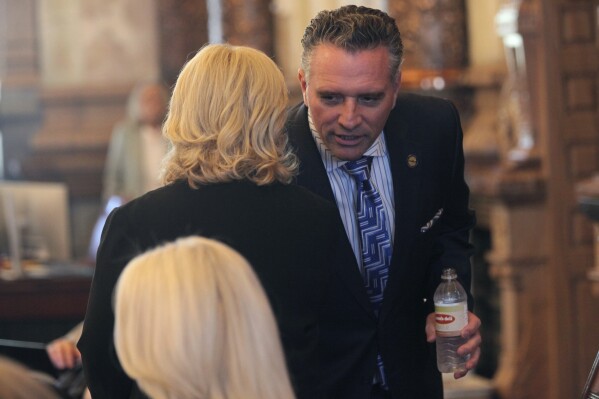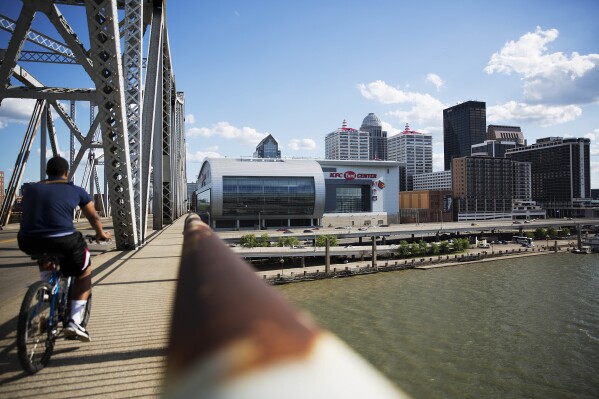Alaska Senate passes budget differing from House version with roughly $1,580 payments to residents
JUNEAU, Alaska (AP) — Alaska residents would receive checks of around $1,580 this year under the version of the state operating budget passed by the Senate on Wednesday.
The check size — a combination of the yearly dividend paid to residents plus an energy relief payment — is one of the key differences between the Senate version of the budget and one that passed the House last month. The House package proposed checks of about $2,275 a person, including a dividend of roughly $1,650, plus energy relief payments of about $625. The Senate budget calls for a roughly $1,360 dividend and an estimated $222 energy relief payment.
Dividends are traditionally paid with earnings from the Alaska Permanent Fund, a state nest-egg seeded with oil money and grown over time through investments. People must meet residency requirements to be eligible for dividends. Debate so far over the size of the dividend has been muted compared with past years.
Both versions of the operating budget include about $175 million in additional, one-time foundation funding for K-12 schools. The legislature passed a similar one-time boost last year, but Republican Gov. Mike Dunleavy vetoed half that amount. He signaled Wednesday willingness to support the funding to help districts address “inflationary issues.” He also said a special session on education was possible later depending on the outcome of still-unresolved litigation around correspondence schools.



Dunleavy in March vetoed a measure overwhelmingly passed by lawmakers that would have permanently increased aid to districts through a school funding formula but lacked provisions he favored on teacher bonuses and charter schools. A veto override attempt by the legislature failed, frustrating school leaders and education advocates who had pleaded for a larger permanent increase in funding but had nonetheless considered the bill a positive step forward.
House lawmakers have been working on an alternate education package but it’s unclear if one will come together before the 121-day regular session expires in mid-May.
Differences between state operating and infrastructure budgets generally are resolved through a conference committee of House and Senate negotiators. The House has yet to pass its version of a state infrastructure budget; the Senate passed its version last month.
Disclaimer: The copyright of this article belongs to the original author. Reposting this article is solely for the purpose of information dissemination and does not constitute any investment advice. If there is any infringement, please contact us immediately. We will make corrections or deletions as necessary. Thank you.



